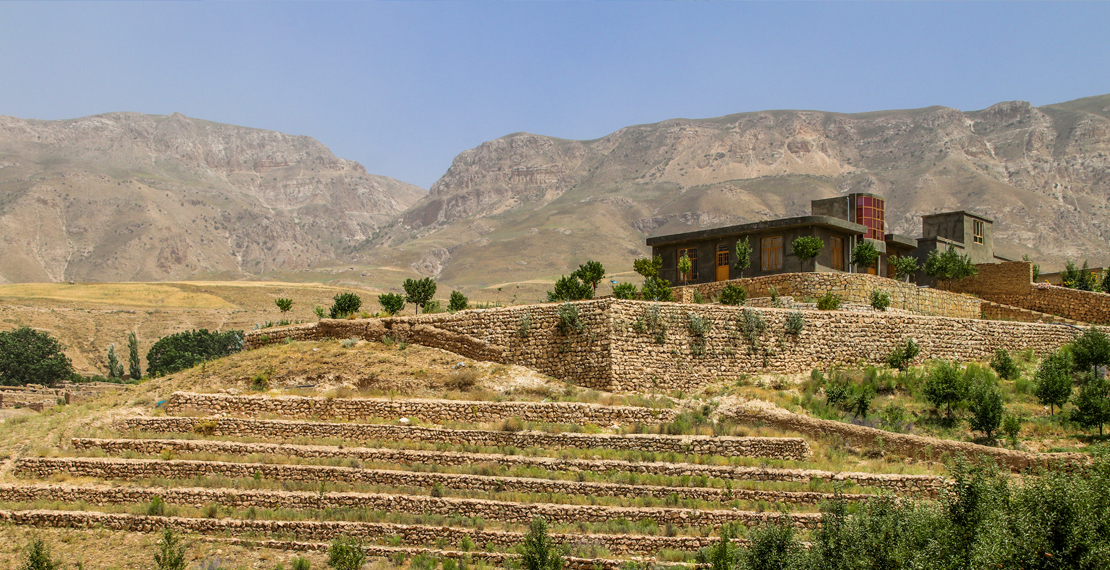(Excerpts from this interview were originally published in Reuters)
When Jennifer Selendy heard about the plight of hundreds of at-risk girls in Kabul, Afghanistan, after the Taliban takeover last summer, she knew she wanted to help.
The question was how.
The co-founder of 50-lawyer Selendy Gay's first thought was "I’d get my partners to give a bunch of money.” But she quickly realized donations alone wouldn’t be enough to fix the problem. Instead, she’s thrown herself into a complex rescue effort, drawing on her skills at organization-building honed when she was co-managing partner of Selendy Gay.
Recently returned from a nine-day trip to Pakistan, Selendy spoke with Reuters' reporter Jenna Greene about her efforts to aid 450 girls and community members affiliated with the top-performing Marefat High School in Kabul, where nearly half the students were female.
“I couldn’t say no to it,” Selendy said of her ongoing work with the 30 Birds Foundation to evacuate the schoolgirls and resettle them in Saskatoon, Canada.
Inspired to act based on a plea from a fellow Tufts University alum, Selendy said the undertaking "fell in my lap at a time when I had no time.”
A complex commercial litigator, Selendy’s work has included representing McKinsey & Co. in precedent-setting litigation involving Chapter 11 disclosures and prosecuting an antitrust suit on behalf of Discover Financial Services against Visa and MasterCard that netted her client a $2.75 billion settlement.
She and her husband, fellow Selendy Gay name partner Philippe Selendy, are also the parents of two teenagers.
The plight of the schoolgirls “really resonated with me as a woman,” she said. “The Taliban reflects to me the sum of all misogyny.”
The Taliban prohibits girls’ education past age 11, and many of the Marefat schoolgirls, who are members of the persecuted Hazara ethnic minority, feared being forced into “marriage” with Taliban fighters, Selendy said. Other girls from the school, including a group of singers who appeared on national television and martial artists who had gone to international competitions, had received death threats, she added.
While much of the world’s attention is focused on the conflict in Ukraine, Selendy is determined to make sure the final group of about 170 girls, their family members and chaperones now stranded in a hostel on the outskirts of Islamabad are able to finish their journey to Canada.
Their safety “worries me every single day,” she said.
She got involved with the rescue via the Institute for Global Leadership at her alma mater Tufts University, where she is vice-chair of the institute’s board. Tufts alumnus Abuzar Royesh, whose father founded the Marefat school, turned to institute members for help as Kabul fell to the Taliban in August 2021.
A small, multi-national group of journalists, authors and graduate students -- “eight amateurs with a strong will to do something,” as Selendy put it – came together via Zoom and WhatsApp to try to get the girls, who range in age from 12 to 24, out of Afghanistan.
They initially focused on trying to fly the group out of Kabul before the U.S. troops pulled out at the end of August, then attempted to charter a flight out of Mazar-i-Sharif. When those efforts proved unsuccessful, 30 Birds team members were able to use their connections to help the girls and their chaperones secure permission to enter Pakistan via an overland route.
In September and October, the first 250 of the evacuees arrived in Saskatoon, where Selendy said they are thriving.
But the remainder of the group is stuck in limbo in Pakistan, awaiting Canadian visas and short on money to finish their journey. Selendy and the other 30 Birds members have been busy fundraising, bringing in $3 million to date but are still $800,000 short of their goal.
When Selendy visited the 170-member group in Islamabad in mid-March, she was also able to meet with Canada's High Commissioner to Pakistan, stressing that girls and young women remain in a precarious position -- outsiders in a deeply conservative neighborhood.
Much as it pained her to do so, Selendy told Reuters she advised the girls to start wearing burkas for their protection.
But the real purpose of the trip, her first to Pakistan, was to remind the girls that they have not been forgotten and offer what comfort she could. Selendy recalled “holding the girls in my arms and letting them cry it out” as they told of surviving bombings and refusing arranged marriages under threat of being stoned to death.
One young woman training to be a doctor recounted hiding in a hospital closet when the Taliban shot a doctor, Selendy said.
The work Selendy is doing isn’t pro bono per se, since she isn’t primarily acting as a lawyer. But she said that’s how she’s viewing it in carving out the time.
“I always said ‘yes’ to supervising important pro bono cases that associates wanted to work on. I would find the time,” she said. “I’m treating this like a pro bono case of my own.”


3.jpg)